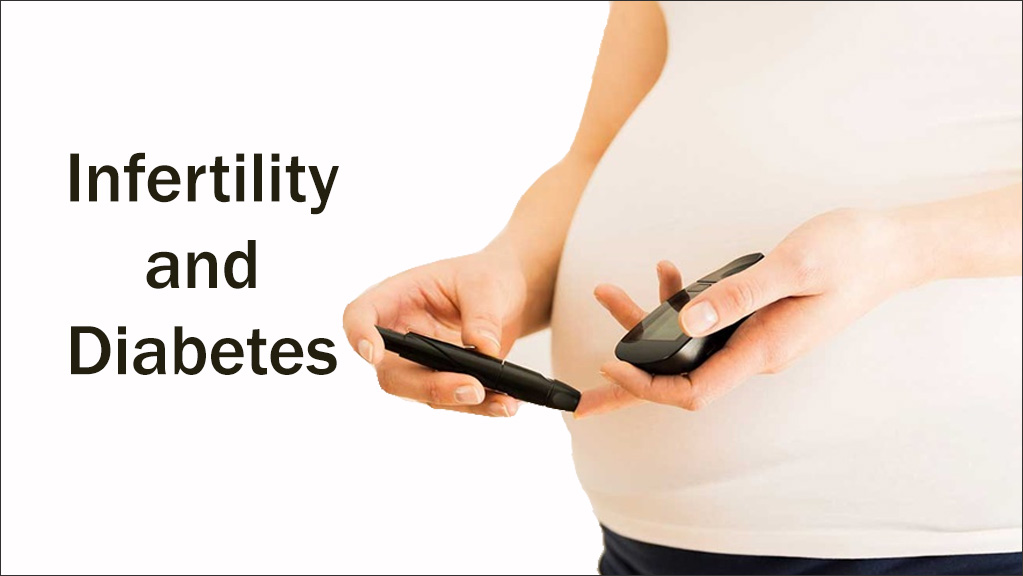
Infertility is a distressing condition that affects millions of individuals and couples worldwide. While it can arise from various factors, the relationship between infertility and diabetes is a significant area of concern. Diabetes, particularly type 2 diabetes, can have profound effects on reproductive health, impacting both men and women in different ways. In this blog with Gaudium IVF, the Best IVF Center in Bangalore we will discuss the link of Diabetes with Infertility.
Understanding Diabetes:
Diabetes is a chronic condition characterized by high levels of blood glucose, either due to inadequate insulin production (type 1 diabetes) or the body’s inability to use insulin effectively (type 2 diabetes). Type 2 diabetes, which accounts for the majority of diabetes cases, often develops later in life and is closely linked to lifestyle factors such as obesity, sedentary behavior, and poor dietary choices.
Impact on Female Fertility:
For women, diabetes can disrupt the delicate hormonal balance necessary for ovulation and successful conception. Uncontrolled diabetes can lead to irregular menstrual cycles, ovulatory dysfunction, and anovulation (lack of ovulation), making it challenging to achieve pregnancy. Additionally, women with diabetes are at a higher risk of developing conditions such as polycystic ovary syndrome (PCOS), a common cause of infertility characterized by hormonal imbalances and ovarian cysts.
Impact on Male Fertility:
Diabetes can also affect male fertility by impairing sperm production, function, and quality. High blood sugar levels and oxidative stress associated with diabetes can damage the DNA within sperm, reducing their motility and viability. Moreover, diabetes-related complications such as neuropathy (nerve damage) and vascular problems can interfere with the mechanisms responsible for achieving and maintaining an erection, leading to erectile dysfunction (ED) and difficulties with ejaculation.
Managing Diabetes-Related Infertility:
The key to managing infertility related to diabetes lies in effectively managing the underlying condition. For individuals with diabetes who are trying to conceive, achieving and maintaining optimal blood glucose levels is paramount. This often involves a combination of lifestyle modifications (such as regular exercise and a balanced diet), medication adherence, and close monitoring of blood sugar levels.
Medical Interventions:
In addition to lifestyle modifications, various medical interventions may be recommended to improve fertility outcomes in individuals with diabetes. These may include:
1. Fertility Medications:
Women with ovulation disorders may benefit from medications such as clomiphene citrate or gonadotropins to stimulate ovulation and improve their chances of conception.
2. Assisted Reproductive Technologies (ART):
In cases where conventional methods of conception are unsuccessful, techniques such as in vitro fertilization (IVF) or intracytoplasmic sperm injection (ICSI) may be recommended to bypass fertility obstacles and achieve pregnancy.
3. Sperm Retrieval Techniques:
For men with severe male factor infertility due to diabetes-related complications, procedures such as testicular sperm extraction (TESE) or microdissection TESE (micro-TESE) may be performed to retrieve viable sperm for use in ART procedures.
Conclusion:
Infertility can be a challenging journey, particularly for individuals living with diabetes. However, with proper management of the underlying diabetes and access to appropriate fertility treatments, many couples can overcome these obstacles and realize their dream of starting a family.
It is essential for individuals with diabetes who are experiencing infertility to work closely with the best fertility specialist in Bangalore to develop a comprehensive treatment plan tailored to their specific needs and circumstances.



